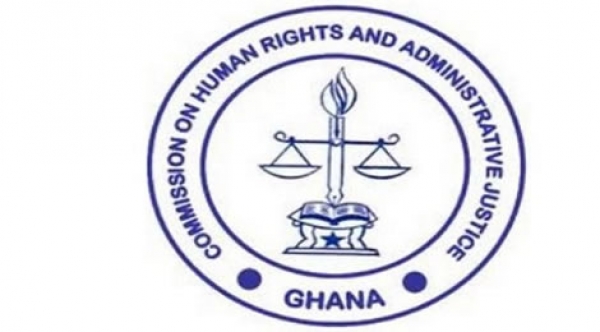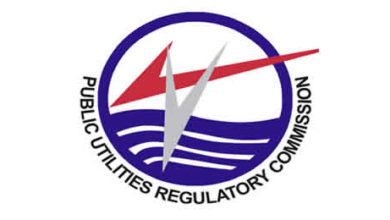CHRAJ to extend operations to 30 districts this year

The Commission on Human Rights and Administrative Justice (CHRAJ) will this year expand its operations to 30 more districts in a move to provide its services for a greater number of the people, especially the vulnerable.
The commission has already engaged the government, Parliament and the Ministry of Finance to seek clearance to recruit and open more district offices, and with this expansion, it will operate in 178 districts of the country.
The Commissioner of CHRAJ, Mr Joseph Whittal, made this known in an interview with the Daily Graphic on its major plans for the year last Friday.
“We went to the government, raised the issue for expansion and demanded clearance and resources to recruit. That has received a positive response, and so for the past four years there has been consistent clearance to recruit and open more district offices,” he said.
Agenda
Giving an update on the recruitment made in recent times, Mr Whittal said CHRAJ recruited 220 workers last year, and that 180 more would be recruited this year to enable it to get to the far-flung corners of the country.
He said the agenda was to make the commission visible in all the administrative districts and make its services available to the “downtrodden, including those whose human rights may have been abused and need support to seek redress in a less costly manner”.
He said the commission would also use the expansion programme to educate the people to understand issues of human rights.
He explained that per the provisions of the Constitution, “CHRAJ should be in every district for the reason that our services are free and need to be available to the people”.
CHRAJ, Mr Whittal explained, had a duty to investigate and solve human rights disputes, hold accountable public institutions in the decentralised areas, as well as ensure that administrative injustices, issues of corruption and conflict of interest were taken up at the district level.
“If you are offering a free service and it is not easily accessible but is far away or even in the regional capital, how many people can get to the regional capital to access your service?
“The people don’t even have the lorry fare, so the closer you are to them, the better,” he explained the rationale behind CHRAJ’s intended decentralisation.
Recruitment, logistics
Mr Whittal maintained that while it was the plan to recruit 50 workers every year, the commission had not been able to do that effectively, a situation that had also affected its presence in all the districts.
He attributed that development to funding challenges and the lack of office space, saying that “when the government opens new districts, it doesn’t open new offices of CHRAJ”.
He further indicated that CHRAJ had, over the years, stopped renting offices but rather made arrangements with new districts to offer th commission offices and equipment, a process which had become cost effective and driving CHRAJ’s expansion project far.
“We hope to be in all the districts by the next four years because the assemblies have been supportive and ready to assist us achieve this agenda.
“Our services will make the people less dependent on courts. Given filing fees alone, most people are unable to go to magistrate courts because the cost is high.
“But you will have the same service of dispute resolution at CHRAJ because we use mediation. At the same time, we will be able to hold accountable public officials at the lower level,” he stressed.
Mr Whittal said the commission could only depend on available funds to operate more efficiently and appealed to the Ministry of Finance to release the funds allocated to CHRAJ on time to enable it to achieve its plans for the year.
Background
CHRAJ was established under the 1992 Constitution by the CHRAJ Act, 1993 [Act 456] with three mandates, namely, human rights, administrative justice and anti-corruption.
As the national human rights institution of Ghana, the commission has a duty to promote and protect fundamental human rights and freedoms in Ghana.
As the Ombudsman of Ghana, the commission promotes administrative justice in public administration and secures improvement in public sector service delivery in Ghana. Under this mandate, it investigates complaints on how public institutions and their staff carry out their everyday executive and administrative functions.
The commission is one of the state agencies with power to promote integrity in public service, combat corruption and contribute to the promotion of high ethics and integrity in public service, as well as enforce compliance with the ethical standards contained in the Code of Conduct for Public Officers.
Its services are free, empowering, user-friendly and accessible to everybody, while they offer opportunity for cases to go through a process that is fair, just and transparent.





